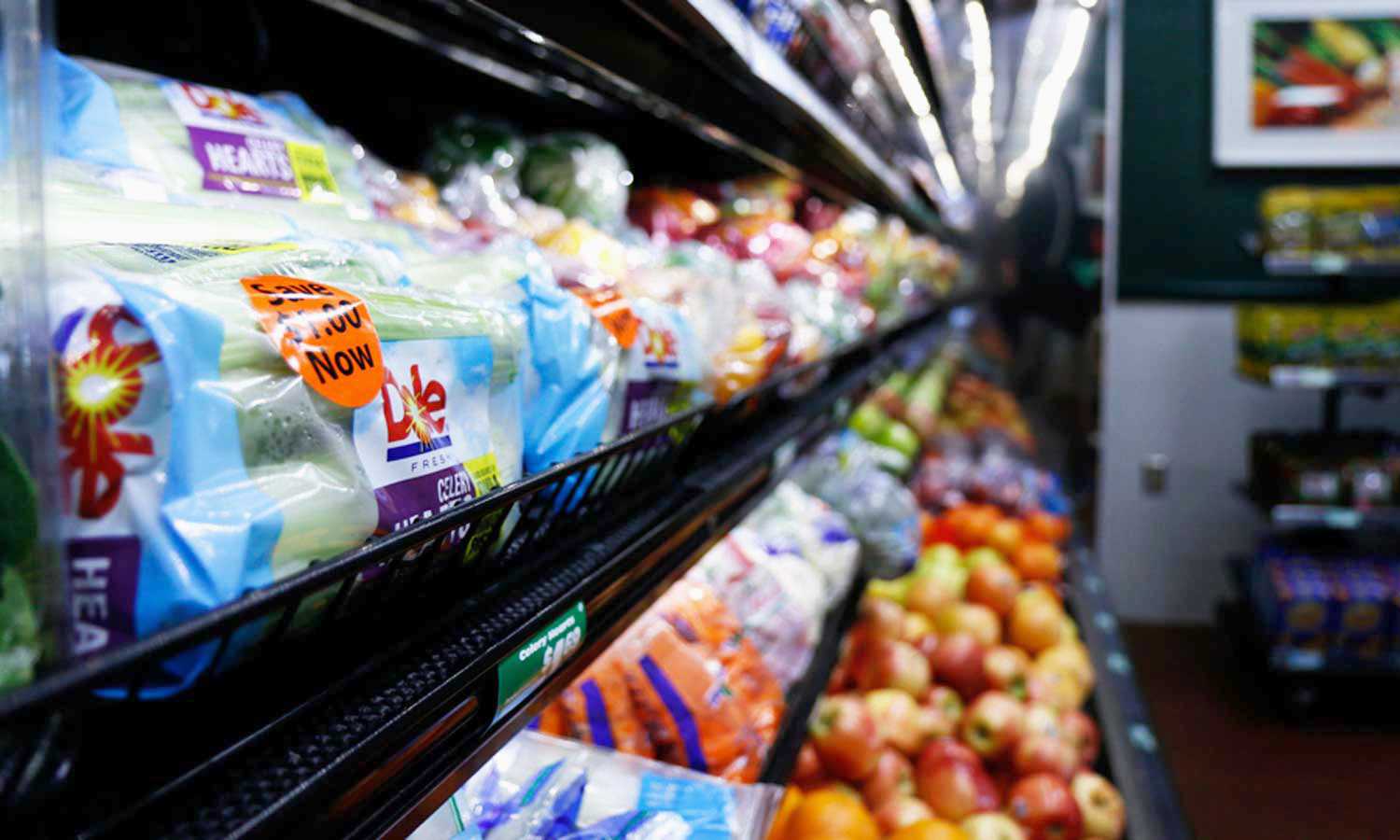Sophomore Claire Francis stands impatiently in the cafeteria line waiting to purchase lunch. Dread swells in her stomach and a sigh escapes her gritted teeth as she realizes that her wait had been in vain – it is Meatloaf Monday.
For the last two years, Francis has committed herself to vegetarianism: a practice for people that usually do not eat any part of an animal or products that may come from animals.
“Either [people] think that [vegetarians are] dumb and not really actually doing it or they’re nutritionally-deficient,” Francis said.
Vegetarianism can be broken into three major categories:
- Vegans: do not eat animals or consume dairy
- Lacto-Vegetarians: drink milk but abstain from meat, fish and eggs
- Lacto-Ovo Vegetarians: do consume milk and eggs but do not eat fish or meat
Francis falls under the vegan form of vegetarianism.
“My mom did not care [when I told her],” Francis said. “My family just stopped cooking for me, which is fine because I can cook for myself.”
Since 2005, vegetarianism has become a growing trend around the United States. A new surge of people eating right and living healthy lifestyles has contributed to the growing of the practice. Around 2.5 percent of adults in America stick to a food regimen that does not include any meat, fish or poultry. The 2007 Harris Interactive poll discovered that the amount of teenagers who considered themselves vegetarians rose three times in the previous 10 years. Restaurants that serve vegetarian, gluten-free and other diets such as paleo have popped up all around the nation, even in states like Texas, which is known for its red meat.
“I eat a lot of bananas, oats and avocados on a daily basis,” Francis said. “My favorite restaurant I like to go to is Chipotle.”
Teenagers become vegetarians for multiple reasons, including, but not limited to, a drive to become eco-friendly, animal rights advocacy and ethics, religious reasons, taste and allergies. Ethical vegans define themselves as people who do not like the production process of animals, because they view the treatment of these animals as cruel. The amount of animals killed for consumption every single hour in the United States adds up to 500,000. Junior Hannah Hall has practiced vegetarian for almost two years now and sees the side of ethical vegans.
“I wanted to be a vegetarian for a long time,” Hall said. “But I think that it is okay if people eat meat, because it is a good source of protein as long as it is humanely-treated.”
Senior Rory Garber started practicing vegetarianism at the age of three. Her whole family became vegetarians after Garber acquired cancer. They thought the change in diet would be a healthier decision.
“I feel good about [vegetarianism],” Garber said. “There is nothing really negative that comes with it. If I’m at a place with mainly meat products, then yes, I do feel somewhat left out, because I have fewer options to choose from.”
Vegetarians need 80 percent more iron daily than non-vegetarians because the body has a harder time taking in iron from plant-based foods than from meat. The amount of calcium a vegetarian ingests could cause a concern for osteoporosis, because plant-based foods have a higher content. Of the total of 20 amino acids, vegetarian diets require at least eight of the 20 because the body will not produce them by itself without meat intake. A lack of these amino acids could result in a loss of muscle.
“The choices at restaurants are very limited when you’re a vegetarian,” Garber said. “It doesn’t help that I am picky.”
While vegetarianism does have its inconveniences, it also has the potential to make a healthy impact on a person’s life.
“I would continue to be a vegetarian throughout my life,” Francis said.
(Featured image by Sterling Greback)


